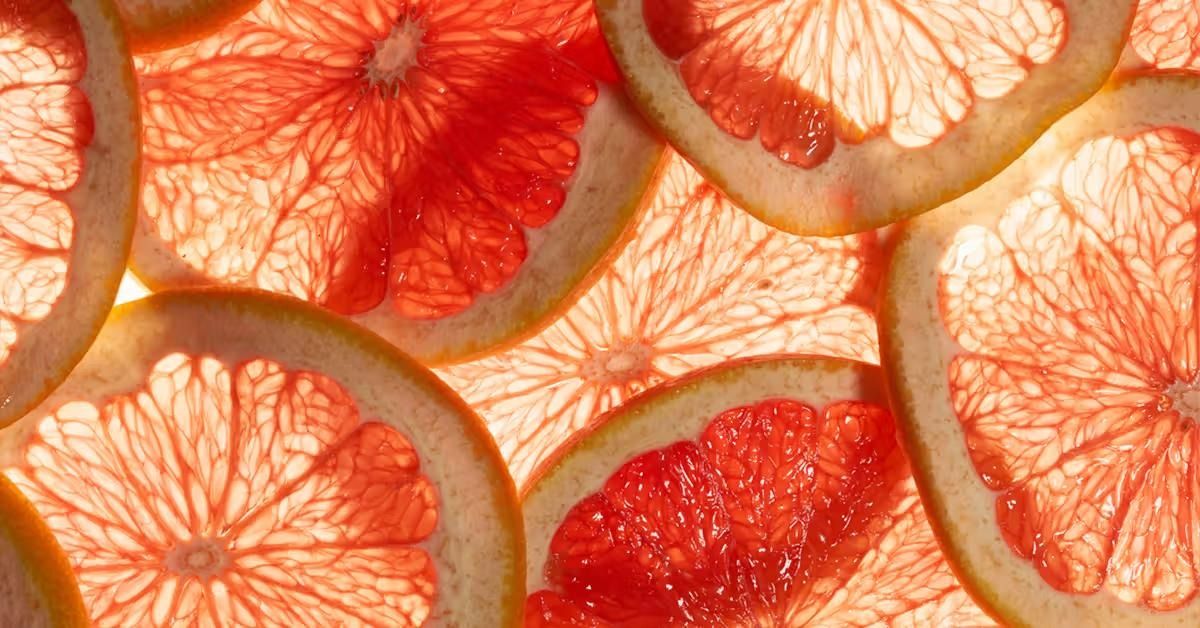

Collagen, the protein responsible for maintaining skin elasticity and youthfulness, naturally declines as we age. However, there are ways to boost its production naturally. Let’s learn more about this topic below with Pacman, exploring various methods to enhance collagen levels for healthier, more radiant skin.
Collagen is a crucial protein that serves as the building block for our skin, bones, and connective tissues. As we age, our body’s natural collagen production slows down, leading to visible signs of aging such as wrinkles, fine lines, and sagging skin. Understanding the role of collagen in maintaining skin health is essential for developing an effective strategy to boost its production naturally.
Collagen provides structure and support to our skin, helping it maintain its firmness and elasticity. It also plays a vital role in wound healing and tissue repair. When collagen levels decrease, our skin becomes more susceptible to damage and loses its youthful appearance. This is why many people seek ways to enhance collagen production as part of their skincare routine.
While there are numerous collagen supplements and treatments available in the market, many individuals prefer natural methods to boost collagen production. These methods not only support skin health but also contribute to overall well-being. By incorporating certain lifestyle changes and dietary habits, we can encourage our bodies to produce more collagen naturally.
One of the most effective ways to boost collagen production naturally is through proper nutrition. Certain foods and nutrients play a crucial role in supporting collagen synthesis within the body. By incorporating these foods into your diet, you can provide your body with the necessary building blocks for collagen production.
Protein is essential for collagen production, as collagen itself is a protein. Consuming adequate amounts of protein-rich foods can support your body’s ability to synthesize collagen. Some excellent sources of protein include:
. Lean meats such as chicken, turkey, and beef
. Fish, especially those rich in omega-3 fatty acids like salmon and mackerel
. Eggs
. Dairy products
. Legumes and beans
. Nuts and seeds
These protein sources provide the amino acids necessary for collagen synthesis, particularly glycine, proline, and hydroxyproline. Incorporating a variety of protein-rich foods into your diet can help ensure you’re getting all the essential amino acids needed for collagen production.
Vitamin C is a crucial nutrient for collagen synthesis. It acts as a cofactor in the collagen production process and helps protect the skin from oxidative stress. Including vitamin C-rich foods in your diet can significantly support collagen production. Some excellent sources of vitamin C include:
. Citrus fruits like oranges, lemons, and grapefruits
. Berries, particularly strawberries and blueberries
. Kiwi fruit
. Bell peppers
. Broccoli
. Brussels sprouts
. Papaya
. Pineapple
Consuming a variety of these vitamin C-rich foods can help boost your body’s collagen production naturally. Additionally, vitamin C’s antioxidant properties can help protect existing collagen from damage caused by free radicals.
Antioxidants play a crucial role in protecting collagen from damage caused by free radicals and environmental stressors. Including antioxidant-rich foods in your diet can help preserve existing collagen and support overall skin health. Some excellent sources of antioxidants include:
. Dark leafy greens like spinach and kale
. Berries, especially blueberries and acai berries
. Green tea
. Dark chocolate (in moderation)
. Nuts and seeds
. Pomegranates
. Sweet potatoes
. Beets
These antioxidant-rich foods not only help protect collagen but also contribute to overall skin health and radiance. Incorporating a variety of these foods into your diet can provide a wide range of antioxidants to support your skin’s health and appearance.
In addition to proper nutrition, certain lifestyle habits can significantly impact collagen production and skin health. By adopting these habits, you can create an environment that supports natural collagen synthesis and helps maintain youthful, healthy skin.
Exercise is not only beneficial for overall health but also plays a role in supporting collagen production. Regular physical activity increases blood flow, which helps deliver essential nutrients and oxygen to the skin. This improved circulation can stimulate collagen production and promote skin cell renewal.
Incorporating a mix of cardiovascular exercises and strength training into your routine can be particularly beneficial for collagen production. Aim for at least 150 minutes of moderate-intensity aerobic activity or 75 minutes of vigorous-intensity aerobic activity per week, along with strength training exercises at least twice a week.
Some exercises that can be particularly beneficial for skin health and collagen production include:
. Yoga: Helps improve circulation and reduce stress, which can positively impact skin health
. Swimming: Provides a full-body workout while being gentle on the joints
. Resistance training: Helps build and maintain muscle mass, which can support overall skin firmness
. High-intensity interval training (HIIT): Boosts metabolism and increases blood flow to the skin
Remember to stay hydrated during and after exercise, as proper hydration is essential for maintaining skin health and supporting collagen production.
Getting enough quality sleep is crucial for collagen production and overall skin health. During sleep, our bodies undergo various repair and regeneration processes, including collagen synthesis. Lack of sleep can lead to increased levels of stress hormones, which can break down collagen and accelerate skin aging.
To support collagen production through better sleep habits:
. Aim for 7-9 hours of sleep per night
. Establish a consistent sleep schedule
. Create a relaxing bedtime routine
. Avoid electronic devices before bed
. Ensure your sleeping environment is dark, quiet, and cool
By prioritizing sleep, you can give your body the time it needs to produce collagen and repair skin cells, resulting in healthier, more youthful-looking skin.
Chronic stress can have a negative impact on collagen production and overall skin health. When we’re stressed, our bodies produce higher levels of cortisol, a hormone that can break down collagen and accelerate skin aging. Managing stress effectively is essential for maintaining healthy collagen levels and promoting overall skin health.
Some effective stress management techniques include:
. Meditation and mindfulness practices
. Deep breathing exercises
. Regular exercise
. Spending time in nature
. Engaging in hobbies and activities you enjoy
. Seeking support from friends, family, or a mental health professional
By incorporating stress-reducing activities into your daily routine, you can help protect your skin’s collagen and promote a more youthful appearance.
In addition to nutrition and lifestyle habits, certain skincare practices can help support collagen production and protect existing collagen in the skin. By incorporating these practices into your skincare routine, you can create an environment that promotes healthy, youthful-looking skin.
One of the most important steps in protecting collagen and maintaining skin health is proper sun protection. Ultraviolet (UV) radiation from the sun is a major contributor to collagen breakdown and premature skin aging. To protect your skin’s collagen:
. Apply a broad-spectrum sunscreen with at least SPF 30 daily, even on cloudy days
. Reapply sunscreen every two hours, or more frequently if swimming or sweating
. Wear protective clothing, such as wide-brimmed hats and long-sleeved shirts
. Seek shade, especially during peak sun hours (10 am to 4 pm)
. Use sunglasses to protect the delicate skin around your eyes
By consistently protecting your skin from harmful UV rays, you can help preserve existing collagen and prevent further damage to your skin’s structure.